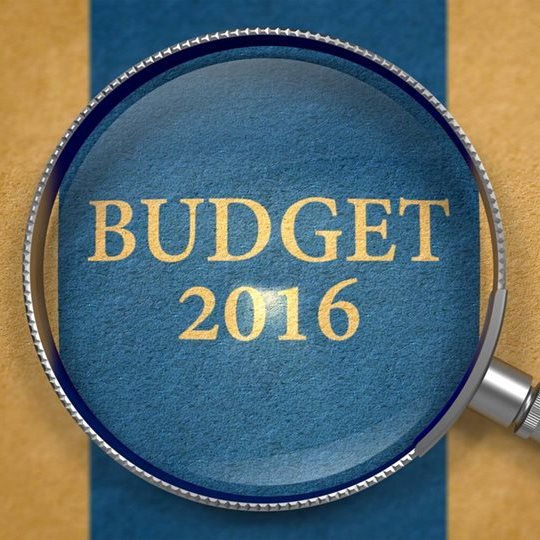Company tax cuts for small business and incentives to hire young Australians will boost the confidence of small hospitality businesses and allow them to grow, says Restaurant & Catering Australia (R&CA).
From 1 July 2016, the small business tax rate will be lowered to 27.5 percent, with the turnover threshold increased from $2 million to $10 million. Businesses with a turnover less than $10 million will be able to immediately deduct asset purchases less than $20,000 until 30 June 2017.
R&CA CEO John Hart said these measures, along with increases to the middle income tax threshold, will restore confidence and reduce costs for the hospitality industry.
“Approximately 93 percent of all restaurant, caf and catering businesses in Australia are small businesses.
“R&CA has long advocated for changes to the tax treatment of small business. The increase in the threshold to $10 million more accurately reflects the nature of SMEs in the hospitality sector,” he said.
“Company tax cuts and modest income tax relief in a tough economic climate is welcomed by the sector. Income tax cuts will encourage greater discretionary spend of which restaurants will be significant benefactors. This in turn supports economic activity and jobs growth in our sector.
“The Youth Bonus wage subsidy will also encourage greater employment in the sector.
“Cafes and restaurants have the highest rate of projected jobs growth in the tourism industry at 14.9 percent or 84,300 jobs by 2020. With this support we can continue to build and support our workforce,” said Hart.
Hart said increased funding for Tourism Australia will also ensure the marketing investment of this agency will be maintained in real terms.
“Tourism Australia drives visitation and expenditure in tourism and hospitality businesses.
“Ensuring Tourism Australia is sufficiently resourced gives the sector confidence this agency will continue to build on campaigns already in market, including the highly successful Restaurant Australia campaign.
“Since the inception of Restaurant Australia, food and wine spend has increased by $886 million or 21 percent.
“The government must continue to back its strengths – Australia’s food and wine offering is pivotal to growth in the economy and in capturing additional expenditure from locals and international visitors,” said Hart.

